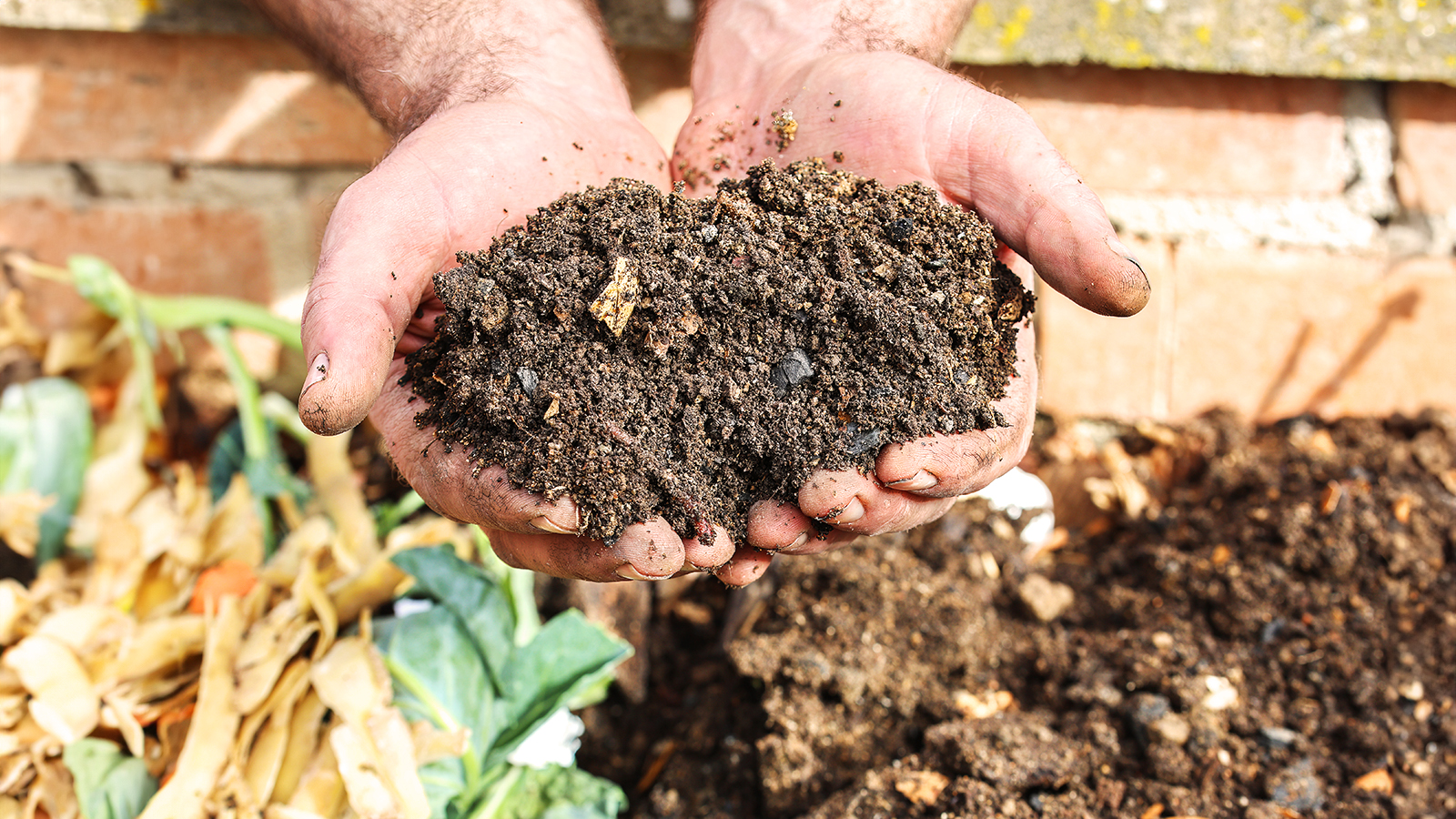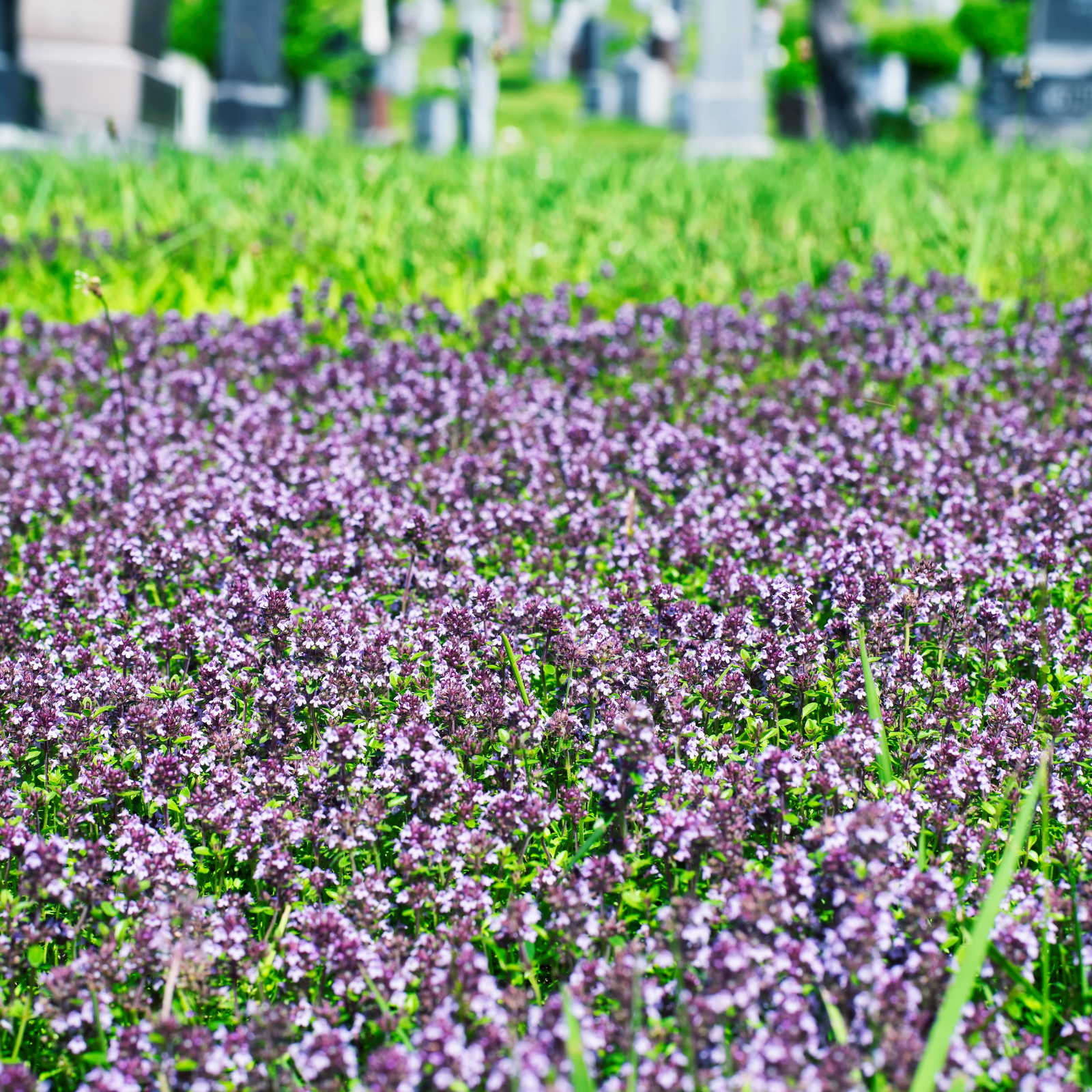How To Know When Compost Is Ready: Key Signs Your Homemade Garden Gold Is Finished
Avoid using homemade compost before it's ready by learning the key maturity signs to check for.


Composting is one way many gardeners recycle garden and kitchen waste. Shrub and plant trimmings, grass clippings, and food scraps can all be returned to the soil in the form of compost. However, the process takes time, and there is an art to knowing what finished compost looks like.
While seasoned composters know from experience when their compost is ready for use, if you're just learning how to compost at home, then you may need some direction. Discover how to know when compost is ready with these key signs.
How Long Does Compost Take to Mature?
There are many variables that contribute to the timing of finished compost. It depends upon the particle size of materials in the pile, how often it is turned to supply oxygen, the moisture level and temperature of the pile, and the carbon to nitrogen ratio.
It can take from one month to a year to achieve a mature product, factoring in the above variables, plus the intended usage. For example, using compost as a top dressing takes the least amount of time. Finished compost, or humus, is needed when using compost as a growing medium for plants.
Unfinished compost can be detrimental to plants if it is incorporated into the soil before it reaches the humus stage.
What Does Finished Compost Look Like?
Finished compost looks dark and crumbly and has an earthy smell. The volume of the pile is reduced by about half, and the organic items added to the compost pile are no longer visible. If the hot composting method is used, the pile should not be producing much heat any longer.
Compost Maturity Test
There are scientific methods of testing the compost for maturity, but they can take some time. The quickest method is to use the radish test for compost. Place some compost into two containers and sprinkle them with radish seeds. If 75 percent of the seeds germinate and grow into radishes, your compost is ready to use. Radishes are recommended because they germinate and develop quickly.
Gardening tips, videos, info and more delivered right to your inbox!
Sign up for the Gardening Know How newsletter today and receive a free copy of our e-book "How to Grow Delicious Tomatoes".
More complicated methods of calculating germination rates include a “control” group and can be found on university extension websites. The phytotoxins in unfinished compost can prevent seeds from germinating or kill the sprouts soon thereafter. So, if an acceptable germination rate is attained, the compost is considered safe to use in any application.

After graduating from Oklahoma State University with a degree in English, Susan pursued a career in communications. In addition, she wrote garden articles for magazines and authored a newspaper gardening column for many years. She contributed South-Central regional gardening columns for four years to Lowes.com. While living in Oklahoma, she served as a master gardener for 17 years.
-
 Get Ready For A Summer Of Hummers! Grow These Full Sun Hummingbird Plants and Flowers
Get Ready For A Summer Of Hummers! Grow These Full Sun Hummingbird Plants and FlowersIf you’re lucky enough to enjoy a sunny backyard, make sure you are maxing out on your pollinator opportunities and grow these full sun hummingbird plants and flowers
By Tonya Barnett
-
 12 Lush Alternatives To A Lawn For Sustainable Spaces
12 Lush Alternatives To A Lawn For Sustainable SpacesAlternatives to a lawn are beautiful and also beneficial to your local ecosystem and its pollinators. Explore our top picks for plants to replace grass.
By Tonya Barnett